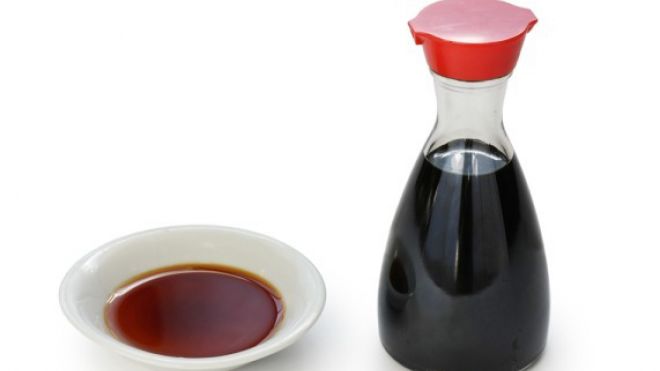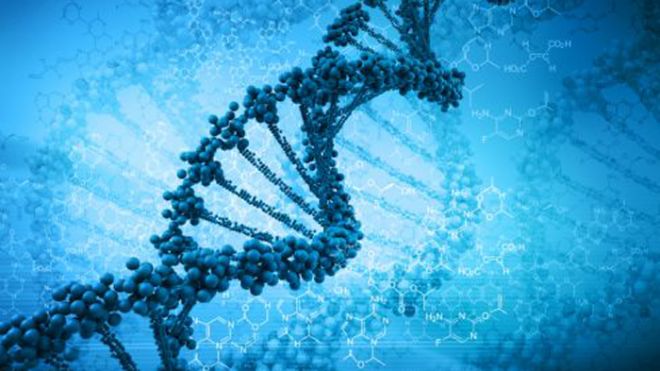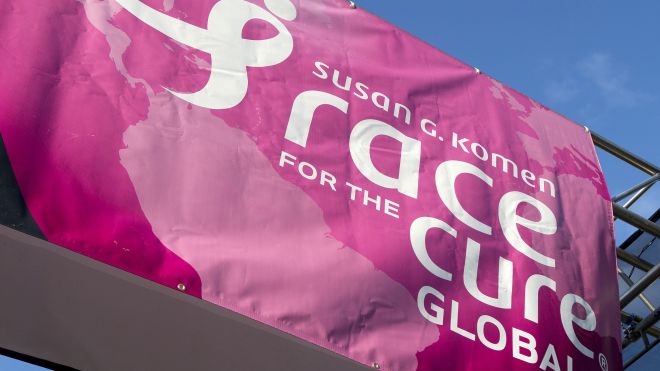
A young man who drank a quart of soy sauce went into a coma and nearly died from an excess of salt in his body, according to a recent case report. The 19-year-old, who drank the soy sauce after being dared by friends, is the first person known to have deliberately overdosed on such a high amount of salt and survived with no lasting neurological problems, according to the doctors in Virginia who reported his case. The case report was published online June 4 in the Journal of Emergency Medicine. Too much salt in the blood, a condition called hypernatremia, is usually seen in people with psychiatric conditions who develop a strong appetite for the condiment, said Dr. David J. Carlberg, who treated the young man and works as an emergency medicine physician at MedStar Georgetown University Hospital in Washington, D.C. Hypernatremia is dangerous because it causes the brain to lose water. When there is too much saltin the bloodstream, water moves out of the body tissues and into the blood by the process of osmosis, to try to equalize the salt concentration between the two. As water the leaves the brain, the organ can shrink and bleed, Carlberg said. After the man drank the soy sauce, he began twitching and having seizures, and the friends took him to an emergency room. That hospital administered anti-seizure medication, and he was already in a coma when he was taken to the hospital where Carlberg was working, the University of Virginia Medical Center, nearly four hours after the event. “He didn't respond to any of the stimuli that we gave him,” Carlberg said. “He had some clonus, which is just elevated reflexes. It's a sign that basically the nervous system wasn't working very well.” The team immediately began flushing the salt out of his system by administering a solution of water and the sugar dextrose through a nasal tube. When they placed the tube, streaks of brown material came out. Within a half hour, they pumped 1.5 gallons (6 liters) of sugar water into the man's body. The man's sodium levels returned to normal after about five hours. He remained in a coma for three days, but woke up on his own. For several days afterward, a part of his brain called the hippocampus showed residual effects from the seizures. But a month after the event, he showed no sign of the overdose: He was back at college, and doing well on his exams, doctors reported. A typical quart of soy sauce has more than 0.35 pounds (0.16 kilograms) of salt, the researchers said. Most cases of sodium overdose happen more gradually. In the 1960s and 1970s, doctors actually gave salt to patients suffering from poisoning, to initiate vomiting, until they realized its harmful effects. Though it's rare in the United States, consuming excess salt was a traditional method for suicide in ancient China, according to the case report. Carlberg said he believes the young man survived because the team got his sodium levels down so quickly. “We were more aggressive than had been reported before in terms of bringing his sodium back down to a safer range,” Carlberg said. Reducing sodium levels more slowly has had poor or mixed results in the past, he said. Copyright 2013 LiveScience, a TechMediaNetwork company. All rights reserved. This material may not be published, broadcast, rewritten or redistributed.source : http://www.foxnews.com/health/2013/06/07/soy-sauce-overdose-sends-man-into-coma/


